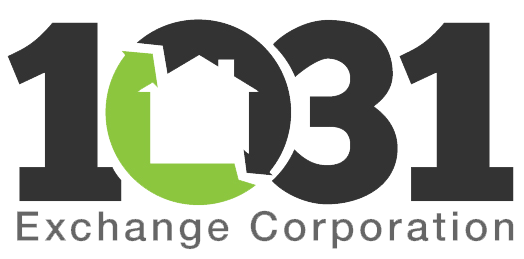Exchange Myth-Conceptions
Incorrect information leads to myth-conceptions. Here are some of the more common ones.
Myth No. One: Cash Received From Sale Determines Taxability
Property sellers often confuse cash received from a sale with taxable income. Cash received from the sale of property is totally unrelated to the taxable income which may be generated by the sale of property.
You may receive little or no cash from a sale and have substantial taxable income. Taxable income is the difference between the sales price (less sales expenses) and the depreciated basis of your property. Assume the purchase of a property for $100,000 which has been depreciated for the past 15 years and the basis reduced to $50,000. The market value of the property has increased to $200,000. The owner recently refinanced the mortgage increasing it to $160,000.
When the property is sold, disregarding sales expenses, the seller will net $40,000.00 in cash. The taxable income – the difference between basis of $50,000 and the sales price of $200,000 – is $150,000.00.
Myth No. Two: Funds Can Be Removed From The Exchange
Once a qualified intermediary has received exchange funds, the taxpayer cannot exercise any dominion or control over the cash. That includes obtaining release of a portion of the funds. If the taxpayer has the right to demand any of the funds before the end of the exchange, the IRS will argue constructive receipt of all of the exchange funds and the exchange will fail.
Myth No. Three: Seller Of Relinquished Property and Buyer Of Replacement Property Can Be Different
We are often confronted with a taxpayer who wants to change ownership interests between the sale of the relinquished property and acquisition of the replacement property. The most common example of this involves a change of ownership between a husband and wife.
Assume the husband owns a duplex which is his separate property. He enters into an exchange and sells his property. When he acquires replacement property, he wants to take title in his name and his wife’s name. That is not permitted. The same party who owned the relinquished property has to acquire the replacement property.
Myth No. Four: If the last date to designate is a weekend or holiday it is extended to the next working day.
A taxpayer has 45 days from the date of sale of relinquished property to designate replacement property. The 45 day period cannot be extended. Failure to designate replacement property within the 45 day period will cause the exchange to fail no matter what the extenuating circumstances might be.
Myth No. Five: Partnership interests can be exchanged
Partnership interests are specifically excluded as qualified property for an exchange. A partnership may exchange property which it owns. The individual partners may not sell or exchange their partnership interests.
Myth No. Six: Property acquired to fix up and re-sell qualifies for tax deferral
Gain from the sale of inventory may not be deferred under Section 1031 of the Tax Code. The need to exclude inventory from tax deferral is understandable. If inventory qualified for tax deferral, almost no tax would be payable from the sale of goods: taxpayers would set up exchanges and defer the gain.
The investor who regularly purchases distressed properties, repairs them and re-sells them is selling inventory. Property acquired to fix-up and sell is inventory and not investment property. Therefore, this kind of property is not qualified for tax deferral.
